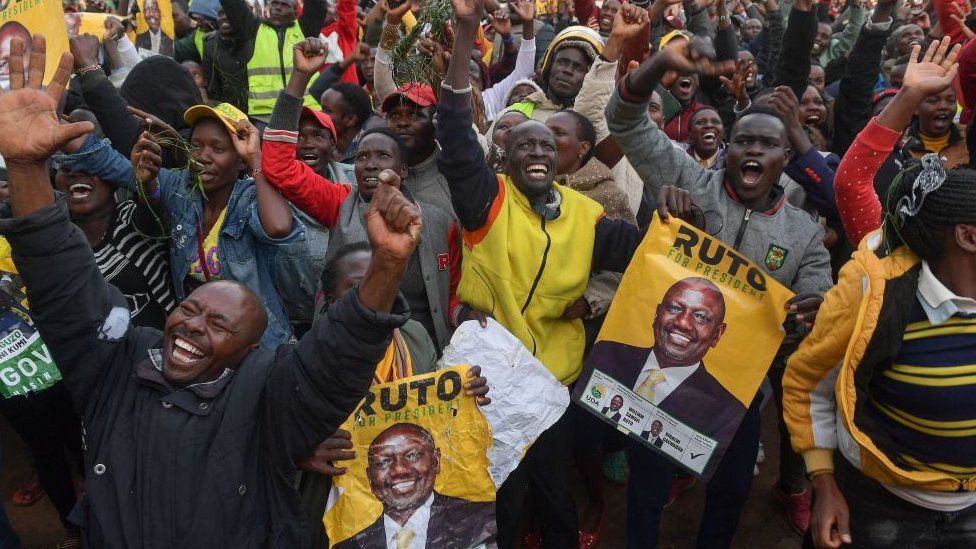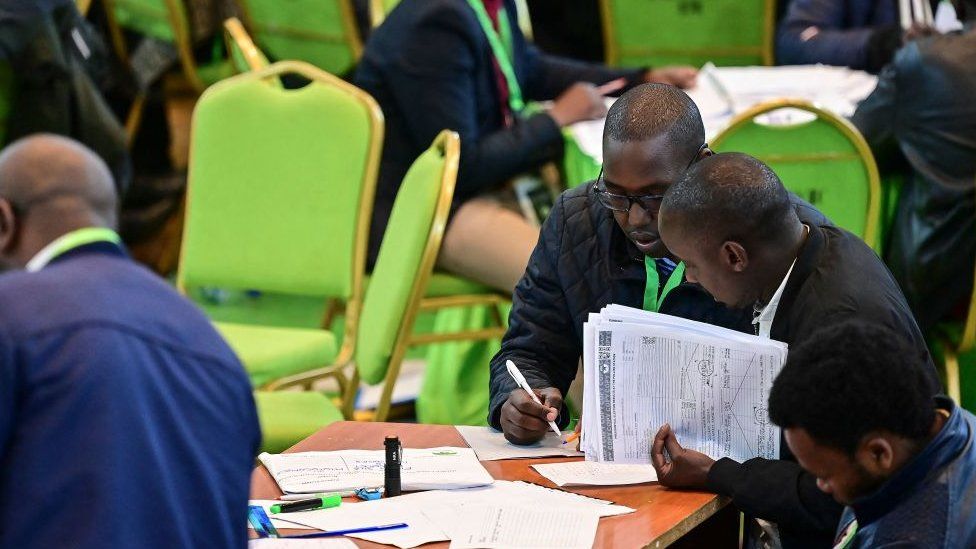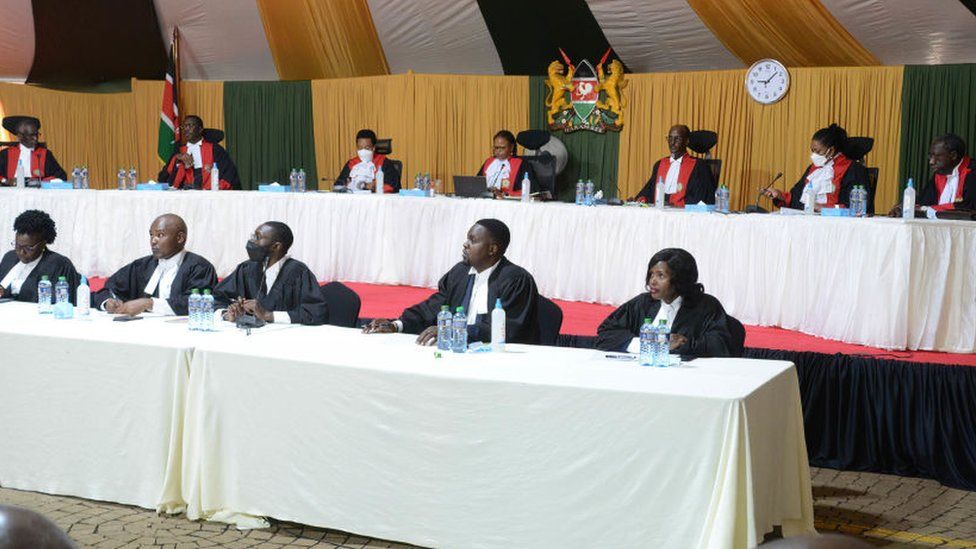Angolans will vote on Wednesday to determine whether or not President João Lourenço wins a second and final five-year term in office.
He is running on a ticket of the ruling MPLA party – with a total of eight candidates vying for the top job.
His main challenge comes in the form of Angola’s largest opposition party Unita, whose leader is Adalberto Costa Júnior.
Most outside analysts predict that the MPLA – which has ruled Angola since independence in 1975 – will win again, but many feel that this will be the country’s closest election so far.
Angolan economist Âurea Mouzinho says this campaign has a different feel, and believes that young people today feel more comfortable and open to challenge the country’s political establishment.

The ruling party says they’re still ready and confident to win this time around. But it has attracted criticism as well.
Maria Luisa “Tchenguita” is standing as an independent candidate. She says that after almost five decades under the MPLA, many young people in Angola are hungry for something different.
Unita had intended to run its candidate under the banner of a new coalition – the FPU – but was ordered by Angola’s Constitutional Court to contest the election under its traditional party name.









